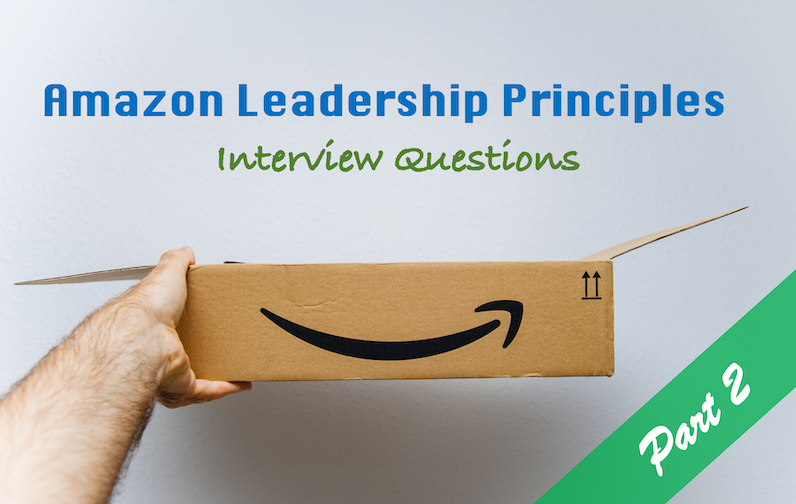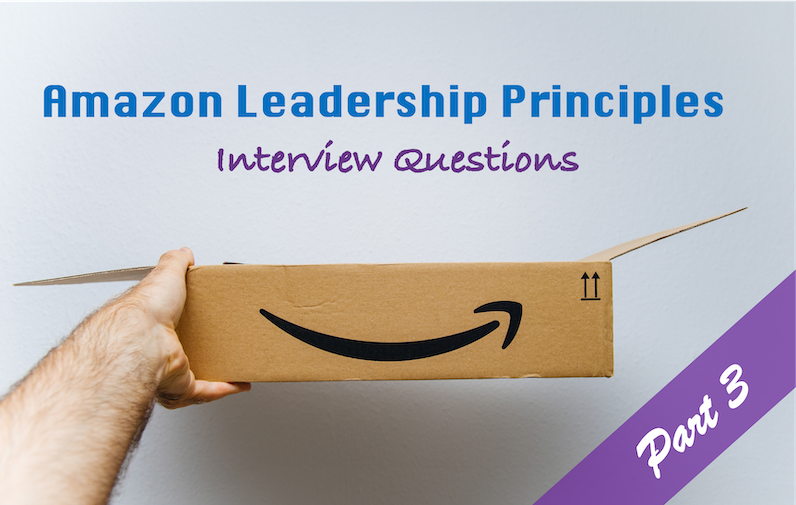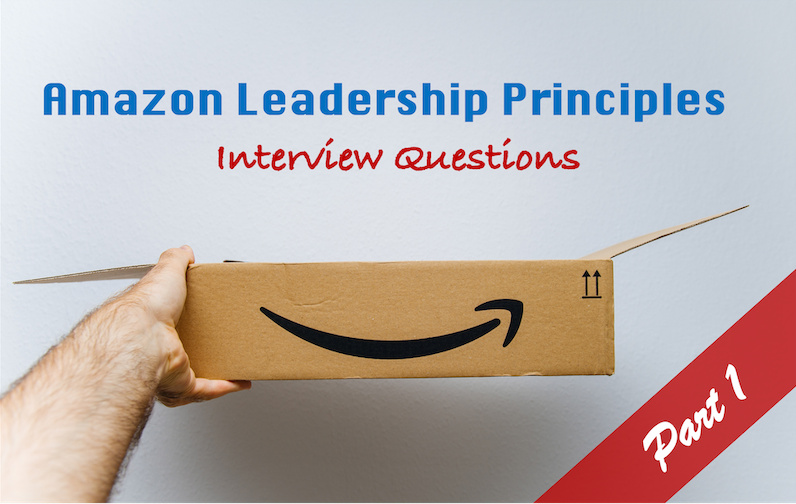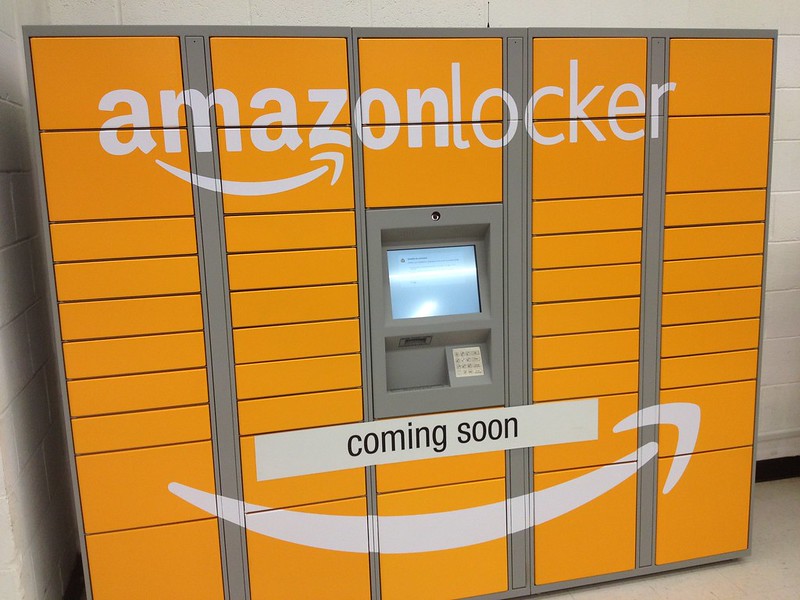In the previous article, we discussed the significance of Amazon Leadership Principles in all Amazon interviews regardless of the position. We talked about Customer Obsession, Ownership, Invent and Simplify, and Are Right A Lot principles and possible situations that you might be asked for regarding your past experience.
In this part, we talk about 5 more principles that you need to be prepared for before attending any Amazon interview.
5. Learn and Be Curious
This is one of the most popular leadership principles in the Amazon behavioral interviews. Even if you are not an experienced candidate, you are still expected to have good scenarios in your sleeve to prove your proficiency in this leadership principle. As Amazon is a fast-moving company, it’s not hard to guess that they expect the employees to be eager to learn new skills and technologies at a fast pace. If you want to stay comfortable in a familiar situation and work on the same technologies, it’s highly possible that Amazon does not give you a green light. On the other hand, if you show that you will openly accept challenging situations, learn from past mistakes, and try to improve yourself, Amazon considers you as a great potential employee.
Some sample scenarios you might be asked to provide:
- A time when you undertook work or responsibilities outside of your comfort zone and capacity.
- A scenario in which you didn’t know how to go about solving a particular problem.
- A situation when you had to think about a problem in a different way.
6. Hire and Develop the Best
This leadership principle is rarely asked in the interviews but you should still be ready to provide related scenarios from your past experience. While “Learn and Be Curious” focuses on your personal improvement, “Hire and Develop the Best” is more about how you tried to help others improve themselves. Any previous mentorship or coaching experience can be a great indicator of your proficiency in this principle. Try to think about the scenarios in the past in which you helped other colleagues grow and encouraged them to improve their performance.
Some sample scenarios you might be asked to provide:
- An instance when you coached or mentored a colleague.
- A time when you provided [constructive] feedback to colleagues
- A scenario in which you readily helped your colleagues develop or further their careers
7. Insist on the Highest Standards
Although it’s self-explanatory, insisting on the highest standards can apply to a wide range of subjects. Amazon expects you to not be satisfied with the expectations and always seek out ways to improve things. For example, if during your on-call shift, you faced a problem and fixed or mitigated the immediate issue, you should also proactively look for long-term solutions to prevent similar situations from happening again. Think about how to improve the current processes to benefit the company and customers in the long term.
Some sample scenarios you might be asked to provide:
- A time when you took action and improved the quality of a product [without being told to].
- A scenario where you felt unsatisfied with a current situation [and what you did to make it better].
- An instance when you refused to sacrifice quality over short-term achievements.
8. Think Big
As you might have noticed, many Amazon leadership principles have some aspects in common. In “Think Big”, the focus is to gain longer-term benefits and view a problem from a different angle. Always look for bigger opportunities and goals than expected. If you find a solution during a project that not only addresses your problem but also can benefit larger problems, take that opportunity and follow the more generic scalable solution.
Some sample scenarios you might be asked to provide:
- A scenario where you found an opportunity to do something greater than the initial goal.
- A time when you changed your usual thinking process to do things differently and more innovatively.
9. Bias for Action
Amazon expects employees to do things at a fast pace so it’s not uncommon to see “Bias for Action” in their principles. Although work has to be done quickly, it doesn’t mean that quality should be deprived (see “Insist on Highest Standards”). You are expected to find a balanced trade-off between delivering results in a brisk manner while having high-quality delivery.
One simple situation is when you are blocked by something. If you just sit until the obstacle is lifted, perhaps nothing will be delivered at the end. A more efficient way is to constantly look for ways to unblock yourself by communicating with others; or by trying to implement things in parallel so that when the block is lifted you can deliver as quickly as possible. For instance, if you are blocked by another team to implement something for you, how about you implement and let them just review your delivery?
Some sample scenarios you might be asked to provide:
- A time when you were behind schedule on a deadline and had to respond quickly while not having adequate information.
- A situation where you had to make a quick decision.
- A scenario when you went ahead and made an important decision without consulting others.
Next …
In the next and final article, we will cover the remaining leadership principles; Frugality, Earn Trust, Dive Deep, Have Backbone; Disagree and Commit, Deliver Results, Strive to be Earth’s Best Employer, and last but not least Success and Scale Bring Broad Responsibility.
Also, we will talk about how to properly use the STAR method to answer behavioral questions.
TechMockInterview.com
If you are preparing for Amazon Interviews, you should be well prepared for behavioral interviews. On TechMockInterview.com, professionals from FAANG and other top-tier companies provide various sessions to prepare you for your upcoming interviews. We recommend booking Behavioral Interview Mentorship sessions while preparing for your interviews and Behavioral Mock Interview sessions once you have your interview scheduled.







